
 Post Category - ParentingParenting - Post Category - Toddler & PreschoolerToddler & Preschooler
Post Category - ParentingParenting - Post Category - Toddler & PreschoolerToddler & PreschoolerIn the final instalment of this four-part series, early childhood expert Dr. Aletheia Lee shares four ways parents can best support and encourage their child’s burgeoning independence
Please welcome child development expert Dr. Aletheia Lee of Chapter Zero Singapore, with a fascinating four-part series on age 4 and the science behind your child’s emerging sense of independence. Baffled by your child’s recent behaviour? Here’s how to make sense of it!
Independence comes naturally in a child’s development. In this series, we took a look at why children experience a big shift in independent activity at age 4, how close attachments offer a sense of security and trust that propels learning and independence in young children, and how children use private speech to self-regulate and direct their own activities.
As the brain matures and powers mental life, independent undertakings need little encouragement nor training. Understanding how it develops, we can actively support independence as it unfolds. Here are four key perspectives:
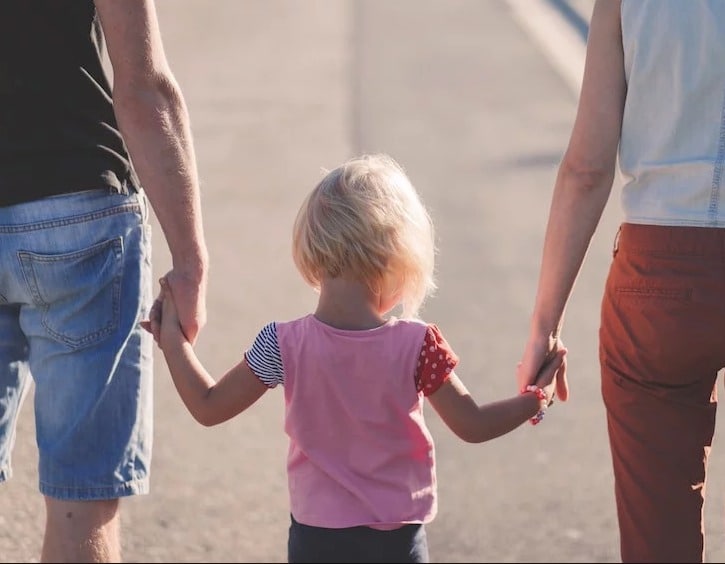
#1 Embrace dependency
The curious thing about independence is that it draws on dependency for strength. Attachment theory shows us that our physical and psychological well-being relies on close relationships with loved ones throughout our lifespan. The assurance that someone special is available to us lowers the stress response in both children and adults. It confers an inner sense of security that increases any individual’s chance of survival and success in life.
There is a common cultural bias against dependency, being seen as ‘needy’ and ‘weak’, as if the person is ‘deficient’ in some way. Don’t let this bias begrudge your children’s need to stay close to you. It is natural for them to desire connection and protection in your presence. They will move out with assurance in their own time.
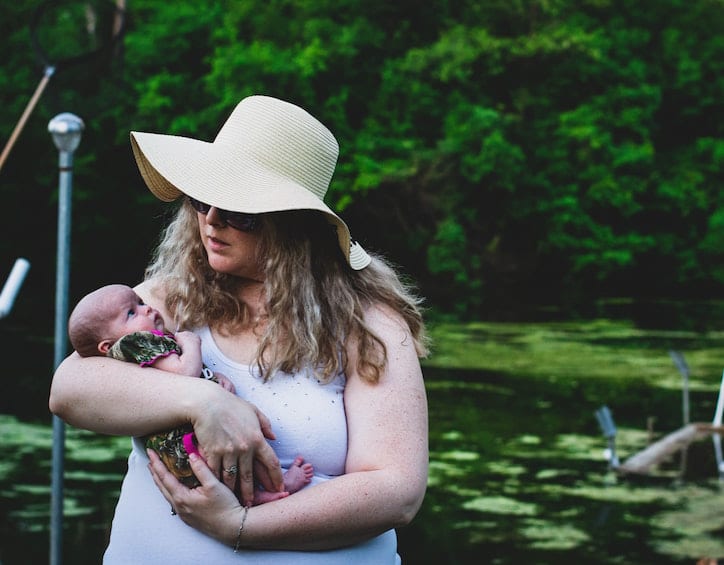
#2 Talk to your children from day one
Verbal communication exposes the baby to the language, cultural activities, and perspectives of the people around them. These exchanges not only increase knowledge about their surroundings, they also serve as working models for private speech, thought, and higher mental processes of executive function and self-regulation.
Even before they pick up the language, talking to infants and toddlers does many powerful things at once: (1) It continually reminds us that each child has his or her own perspective and that we should honour it. (2) It keeps the child aware of what is happening, so they don’t feel like the world is constantly out of control. (3) It provides words and phrases for children to make sense of objects, actions and experiences, learning to interact with the environment. (4) It gives children the chance to predict how things go and participate in activities that involve them.
Read more: Understanding the basics of Respectful Parenting
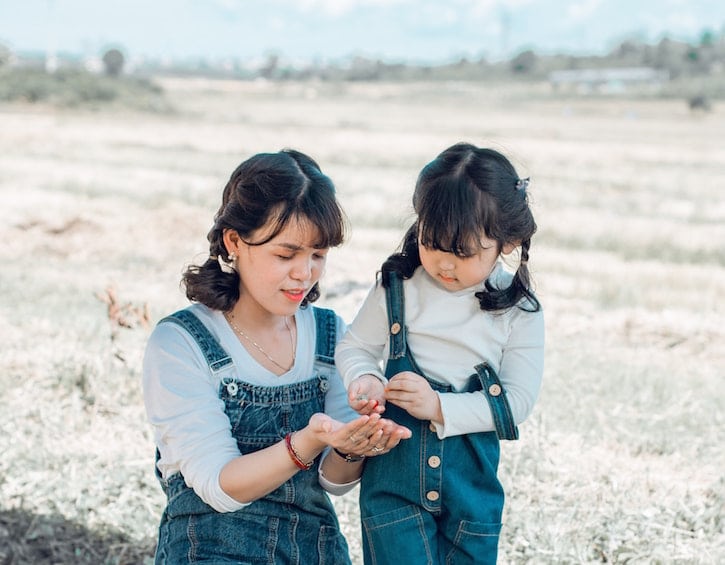
#3 Supply them with scaffolds
When accompanying, teaching, or guiding young children in activities, aim for collaboration (working together toward a goal or product), rather than do everything on their behalf. The idea is to break the activity into small chunks and present them in a way that the child can readily respond to, so the activity doesn’t appear complicated, insurmountable, or overwhelming. Scaffolding strategies can range from focusing attention to relevant areas, asking leading questions, posing new challenges with appropriate levels of difficulty, to providing positive feedback and motivational encouragement. Through this support, children learn to be responsible for many different experiences.
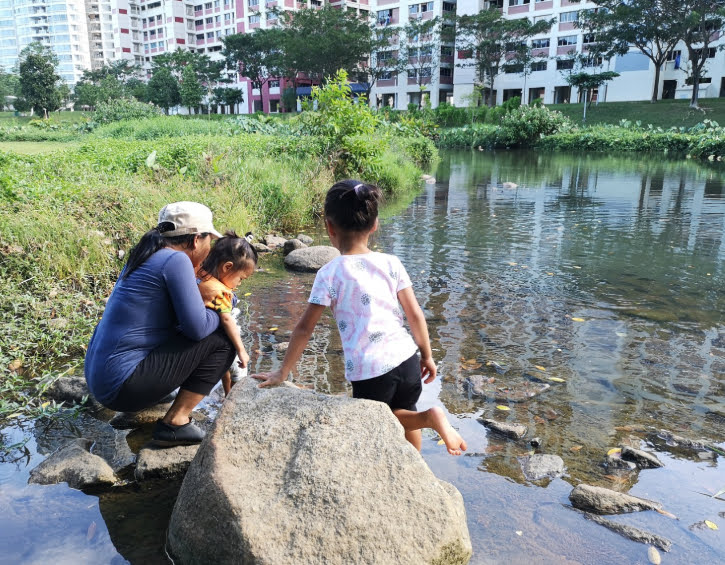
#4 Give them space and freedom
We should also provide children with space for exploration and adventures. ‘Space’ here applies to physical environments as well as mental spheres and social settings. Modern Singapore is striving to foster community-centric neighbourhoods (with 110 existing neighbourhood centres on the island) comprising shared spaces and facilities that include civic plazas, void decks, green spaces, playgrounds, and shops1.
Town-planning of this nature aims to encourage the mixing of different age groups, where residents of multiple generations live comfortably and look out for each other. My hope is that such atmospheres allow families to perceive them as safe and thus feel more relaxed about their young children stepping out of the house on their own. How wonderful it would be, if designed spaces grant more opportunities for young children to freely explore the neighbourhoods and master the amenities they would grow up with?
With preschools enrolling students as young as 18 months old, my second hope is that the children will be offered protected time windows and play spaces for autonomous activities in their daily lives. School and classes have taken over a large portion of early childhood and, alas, many still believe that children progress by doing tasks that are directed and supervised by adults. As a result, most children spend longer periods in highly structured settings, constrained by specific skill sets and subject matters. Simply put, they are taught to operate in a certain way.
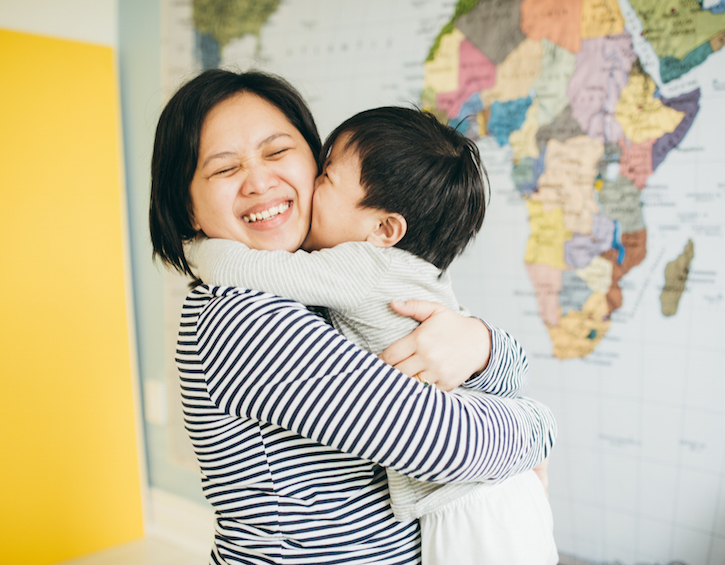
Conclusion
If we want children to cultivate independence in a fast-changing society, we need to release our expectations and anxieties and trust that the children will develop relevant competencies, innovating as they go. As the adults, our job is to provide love, safety, and availability for the next generation to thrive as inhabitants of the future. When our children feel secure, the world is at their feet. Knowing there is someone they can count on, who supports their goals, children feel confident, feel good, and can maintain focus as they step out into the world and engage in life.
Want to find out more? Aletheia will be leading a series of Respectful Parenting Workshops throughout September 2020. In October Chapter Zero will also bring back their popular Mindful Nanny Workshop.
Read more:
The Important Developmental Milestones of Age 4
How Strong Attachment Actually Helps Foster Independence
Why It’s a Great Sign if Your Child Talks to Themself
- Chong, K. H. (2018, April 25) Shaping the future of Singapore’s heartlands. TODAY online. Retrieved from www.todayonline.com/commentary/shaping-future-singapores-heartlands





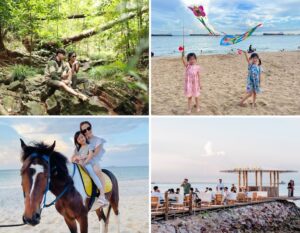
 View All
View All
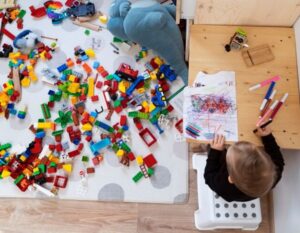



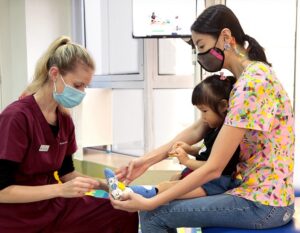
 View All
View All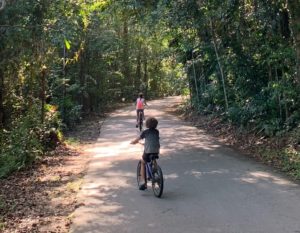






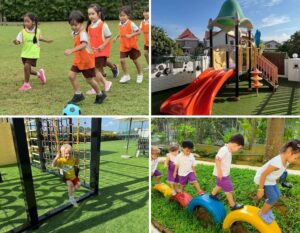



 View All
View All




